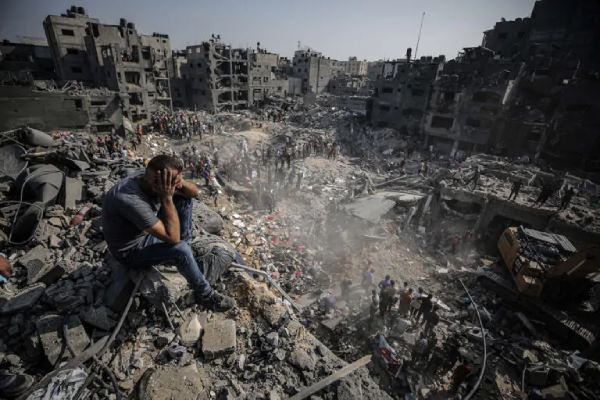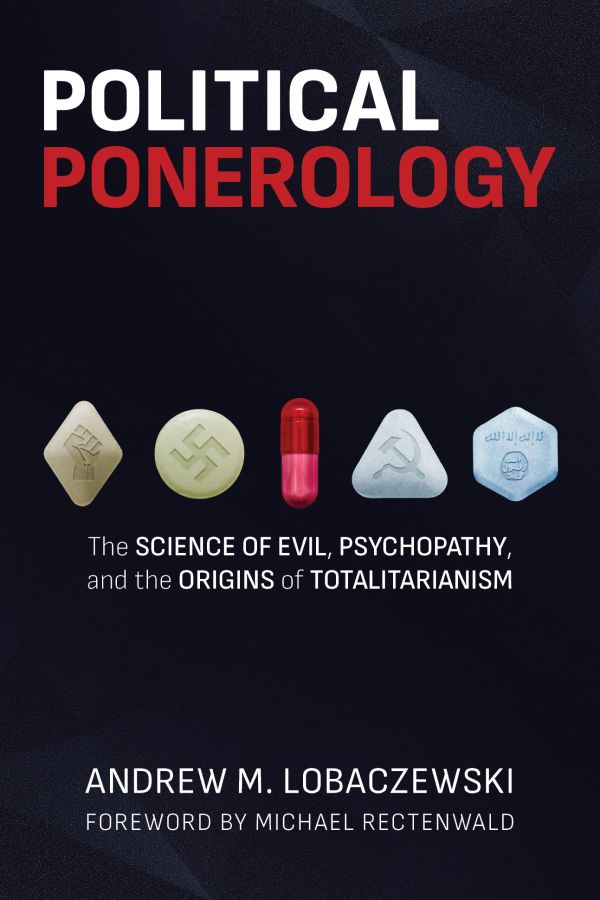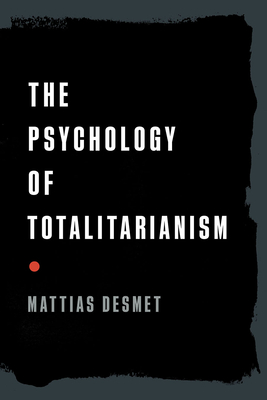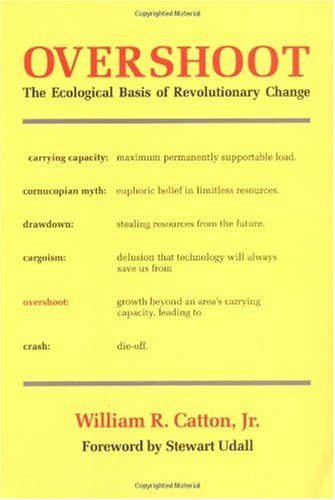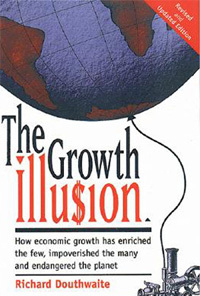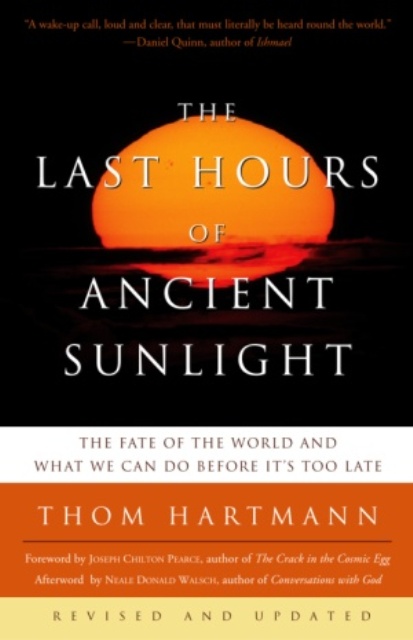Whatever your opinion about Israel’s war in Gaza, when the dust finally settles on the battlefields, the world will no longer be the same—unipolar. The deadly Hamas strike on southern Israel on October 7 and subsequent frenzied Israeli response split nations in ways not seen since the US-British invasion of Iraq in 2003.
The incident altered the course of the Israeli-Palestinian conflict for both parties and beyond. It may be argued, without exaggeration, that the latest war in the Middle East will have thunderous effects, shaking the already weak world order based on the West’s dominance, led by the United States.
One should analyze Israel’s answer before the war ends, and no one can anticipate how it will end. For Israel, the Hamas attack was remarkable in a depressing manner. The anguish and humiliation of the scandalous breach of the most technologically secure border in the world, which has surrounded the Gaza Strip for 16 years, have been immense. Heads will roll when Israel conducts an investigation, as it did following the 1973 war. As was the case with the investigation into the assassination of US President John F. Kennedy or who carried out the 9/11/2001 attack on the World Trade Center in New York, which resulted in the explosion of three towers, we could not discover the complete truth for months or even years. The “democratic” West has little trouble concealing its murky past.
Israel’s response, an all-out aerial bombardment of Gaza with no air defenses at all, was totally predictable. The world has witnessed it numerous times in the past. However, the Israeli campaign’s avowed goals have altered this time: full annihilation of Hamas’ military and political infrastructure. This can only be accomplished by a large-scale land invasion, which has yet to take place.
But that is not all. It seems that Israeli Prime Minister Benjamin Netanyahu, whom the majority of Israelis hold accountable for this egregious failure, along with his military cabinet, aspire to accomplish more than only behead Hamas. Millions of Gazans are going to be forcibly relocated to Egypt.
Failure to do this with a quick land invasion would result in a Hamas victory, despite massive civilian losses. A prolonged military action could result in two outcomes: significant Israeli losses in the south and a potential escalation of the conflict with Hezbollah in the north. The latter would raise the possibility of a regional war with unexpected consequences.
For the time being, Israel has resorted to heavy bombardment of northern Gaza, pushing millions of civilians to flee south with the hope of creating a buffer zone three kilometers, five kilometers, or perhaps even nine kilometers deep—a dead zone, in other words. Is Israel willing to accept this in order to stop the war? It’s difficult to say, and no one in Tel Aviv or Washington knows. According to President Joe Biden’s confusing comments, the West is as perplexed and unsure how to end the carnage and resolve the long-standing Israeli-Palestinian conflict. Power is the only tool in the West’s inventory, but it is not the tool that defines Middle Eastern peace today.
And then there is Hamas, which has ruled over Gaza for almost fifteen years and has demonstrated that, following numerous lethal battles with Israel, it is now far more powerful than it was and capable of humiliating the highly advanced US-equipped Tzahal. The October 7 attack must have taken years to arrange. The world will never know if Hamas expected Israel to respond as slowly as it did or if their only goal was to capture a few hostages in order to negotiate the release of thousands of Palestinian prisoners held by Israel. But they are currently at war with Israel, a state with superior firepower and political support from Western powers, particularly the United States. And these are not empty rhetoric; a strong naval armada is now deployed off Israel’s coast, ready to attack any Arab state. There have been reports that the US military shot down multiple drones that the Houthis had launched at Israel from Yemen. As an outcome, the US has shown its support for Israel against the Arab world.
It is clear that Israel’s brutal two-week bombardment of Gaza has had little effect on Hamas’ military infrastructure. According to the latest figures, about 6,000 Palestinians, including women and children, were killed. Israel is employing Hezbollah’s war games technique, having taken lessons from the 2014 conflict. Israel’s plan is to launch a ground offensive, to counter the advanced army of Hamas. If that happens, the clash will be written about in history books for years to come.
What about Hezbollah, Iran, and the other Arab countries that support the Palestinians? Millions of people are thinking about this as their top concern. Fearing involvement from Iran and Hezbollah, the US has deployed two aircraft carrier battle groups, elite troops, and strategic missile batteries to the Eastern Mediterranean. Hezbollah has only responded to Israeli provocations so far by adopting an ambiguous position that has left Israelis wondering.
There are very real concerns that a disgraced Netanyahu may attempt to salvage himself by entangling the United States in another conflict in the Middle East. It would be disastrous for Israel, as well as for the US, the region, and the entire world. He must be prevented from using the October 7 tragedy as justification for a larger regional conflict.
Meanwhile, Western governments have often responded in a clumsy and reckless manner. While European leaders agreed with the White House that Israel “has the right to self-defense,” they omitted to mention that Palestinians also have the right to self-defense. The West’s double standards and hypocrisy are abhorrent and despicable. The Palestinian people have endured decades of tragedies and hardships. For so long, Israeli impunity has been accepted without regard for the terrible circumstances that Palestinians face in Gaza and the West Bank.
The longest occupation in modern history is that by Israel. It is a nineteenth-century remnant of European colonization. Israeli propaganda has warped the historical narrative for decades, but with this most recent conflict, the public at large worldwide has now accepted the fact of Palestinian victimhood.
Israel’s exceptionalism has rendered ineffective for many years any attempts to impose the kind of rules-based international order that Western administrations have long proclaimed is ideal for everyone. In the wake of one of the worst civilian massacres in modern history that claimed the lives of over 6,000 civilians, including 2,000 children, and destroyed entire neighborhoods’ worth of homes, mosques, churches, hospitals, schools, and other structures, one has to question the West’s rules-based order and its “impartiality” in handling complex conflicts. The unipolar international order, ruthlessly imposed by the Americans and the Brits, has had a very poor record over the last thirty years alone. The situation is identical to what occurred in Syria, Yemen, Libya, Afghanistan, and Iraq.
It is time for a multipolar world order. The nations in the region need to be able to influence their own destiny. For many years, Israel has been a strange phenomenon, and its unusual status must end. For a more just world, Israel ought to follow international law just like everyone else. Western governments are not on good terms with their people, and the consequences of this crisis will be felt for years to come in the West. Whatever happens in Gaza, the world requires a new system based on international law, and the West can no longer be relied on to have the final say on this matter. The West has demonstrated its incompetence to rule the world and must yield to others.
Author
Viktor Mikhin, corresponding member of RANS, exclusively for the online magazine “New Eastern Outlook.”
Editor
The views expressed in this article are the author’s own and do not necessarily represent or reflect the views of Titanic Lifeboat Academy or its Board of Directors.

